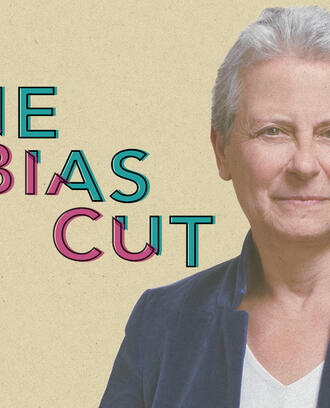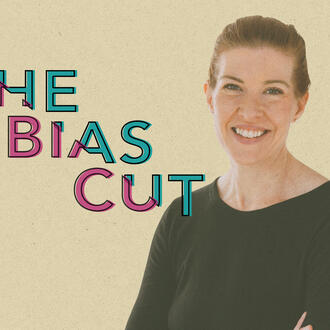Credit: Laura Wentzel
Ideas Made to Matter
This National Women’s Soccer League owner recommends career ‘road trips’
By
A 2023 women’s leadership study from LeanIn.org and McKinsey & Co. found that American women held 40% of corporate management positions, and women continue to fight underrepresentation when it comes to board positions and CEO roles. They also face gender bias, harassment, and opposition to their management styles.
Here’s how one MIT Sloan alumna has pushed back on those statistics and used what she’s learned along the way to help those behind her.
Ami Danoff, SM ’93, co-founder and CFO of the Women’s Foundation of Boston and co-owner of the National Women’s Soccer League Boston.
Given what you know now, what would you tell your younger self about being a woman in your industry?
Chart your map with multiple routes, and build in the time and resources to meander, stretch, and explore. Let your curiosity lead you; chance encounters and experiences enrich our professional and personal lives. Road trips are faster and more fun with good companions, so bring others along for the ride, and be quick to offer or ask for a lift. A couple of my recent ventures, including my role in NWSLBoston, came about because I overheard an interesting conversation and butted in.
Who was an ally or mentor for you as you’ve navigated your career? How did they specifically help you get to the next level of your professional development?
When senior portfolio manager David Thomas hired me as an equities analyst at Putnam Investments during and after my time at MIT Sloan, he urged me to ask for a higher salary and an officer-level title — more than the standard business school package — based on my pre-Sloan international experience with Fidelity Investments.
He supported me in building an investment track record so that I could move up to portfolio management within a couple of years, and he uplifted everyone around him in a way that taught me how powerful it is to foster professional and personal development in others.
Can you give an example of a time you’ve experienced or witnessed gender bias? How did it affect you professionally? What impact did it have on your job?
My grandmother studied electrical engineering at MIT from 1925 to 1929 — alongside my grandfather, who was working on his MS in electrical engineering — and went on to have a career in academia and government. The bias that I’ve experienced is still an unfortunate reality for many women, but it’s a fraction of what my grandmother faced. She accomplished more than I have, and she had four children (including my father) to my three.
What is the most difficult lesson you’ve learned in your professional life? In what unexpected ways did you grow from it?
The workplace — like the world itself and group projects — is full of people whose ideas, processes, or personalities might not be my cup of tea, but I still have to work effectively with them.
What’s one specific way you tend to your well-being, and how do you encourage well-being among your staff?
I work on some other part of the project that I enjoy, even if it’s nonessential. For example, I love design and art, and I really enjoyed styling a personalized NWSLBoston wardrobe by embellishing blazers with embroidered team patches and iron-ons. We now have highly distinctive team blazers! Shifting to something fun that’s still within the ecosystem is energizing, and I recommend it to everyone.
What’s one skill or behavior women can adopt to make their career path more successful and more manageable?
Show up on time, and always bring something to the table. Even people just starting in their careers have experiences and skills that can add fresh perspectives or energy. Build value, and be a revenue generator.
If you could snap your fingers and change one thing about workplaces, societal norms, or public policies that would most benefit women in the workforce, what would it be?
Meritocracy would be the universal norm.



